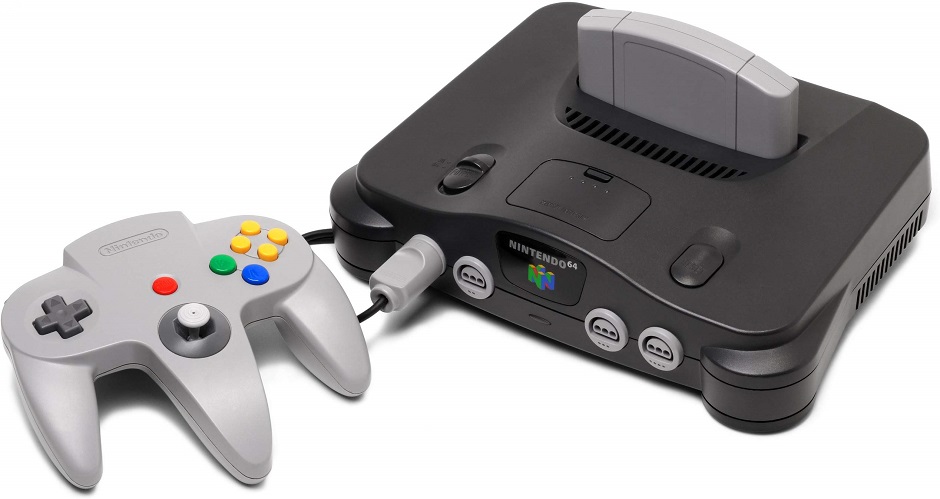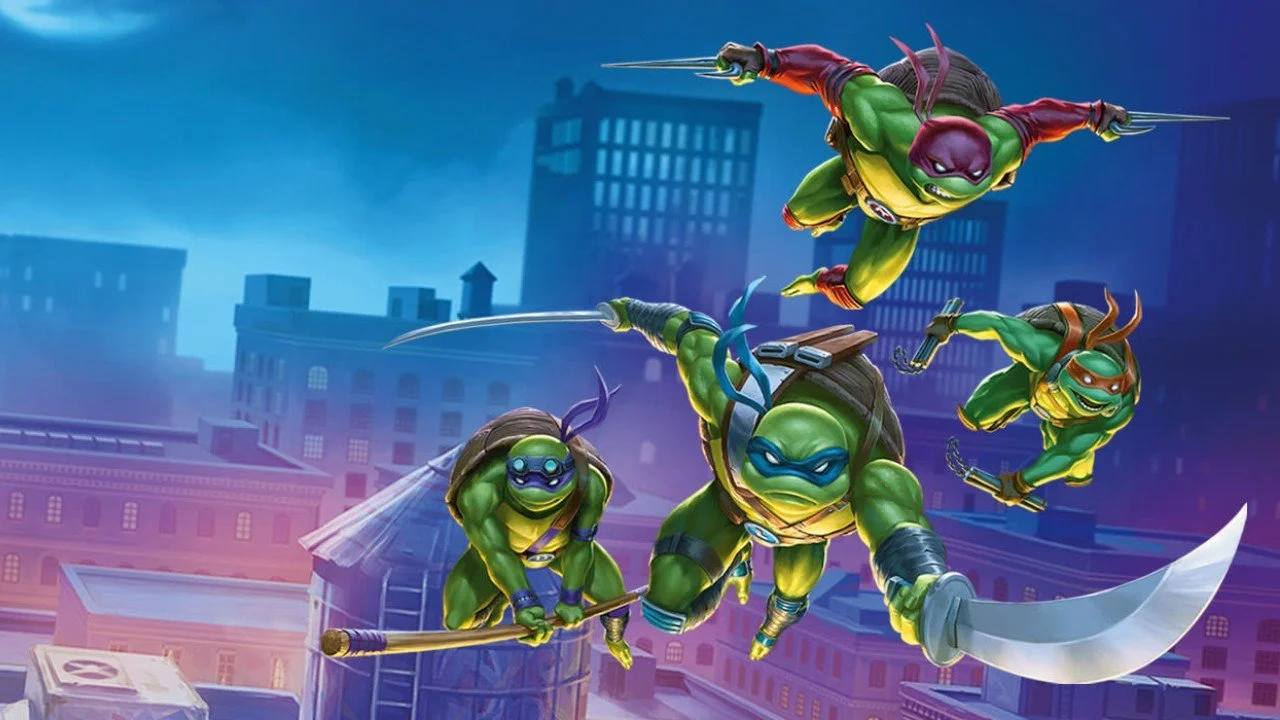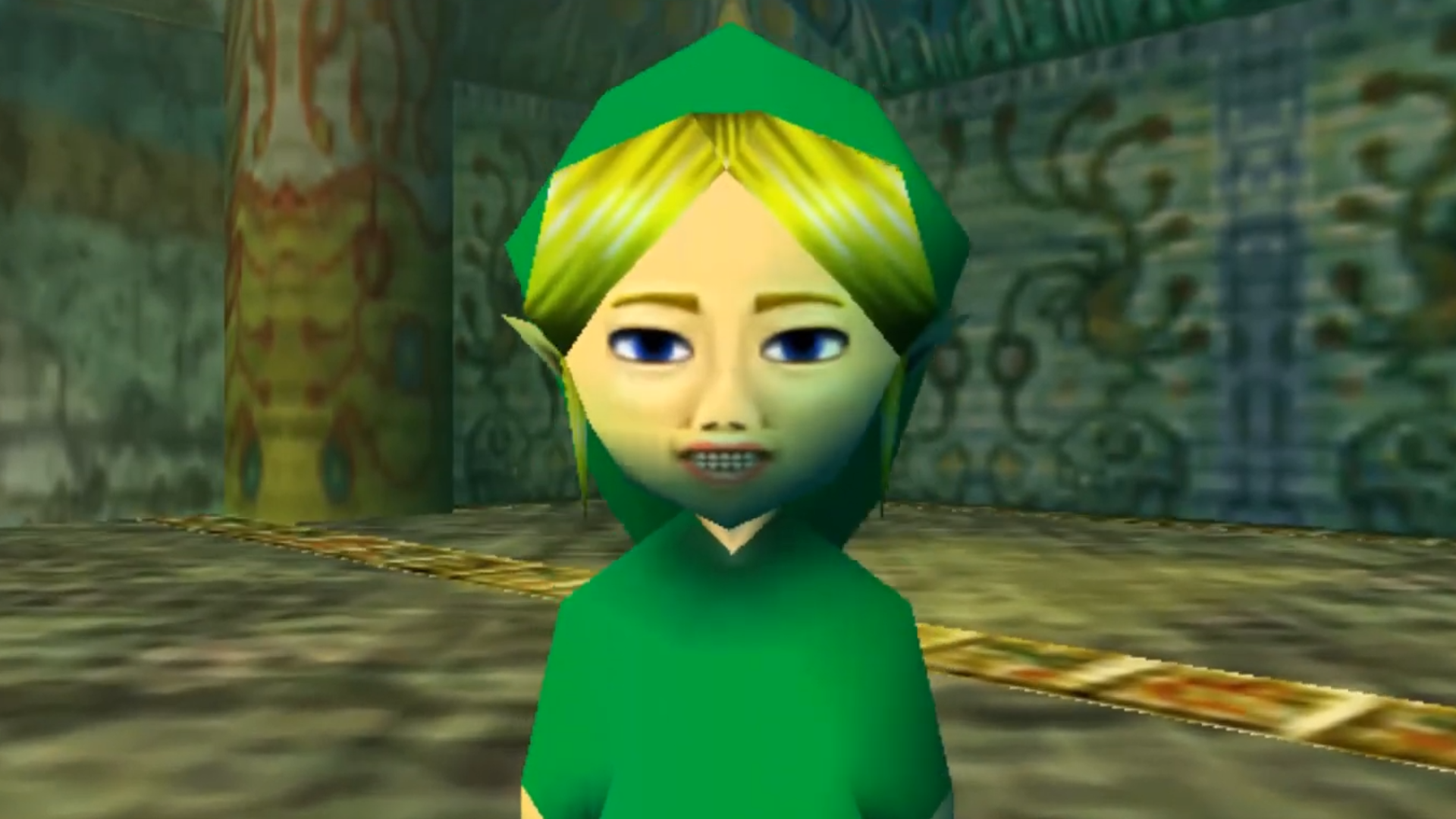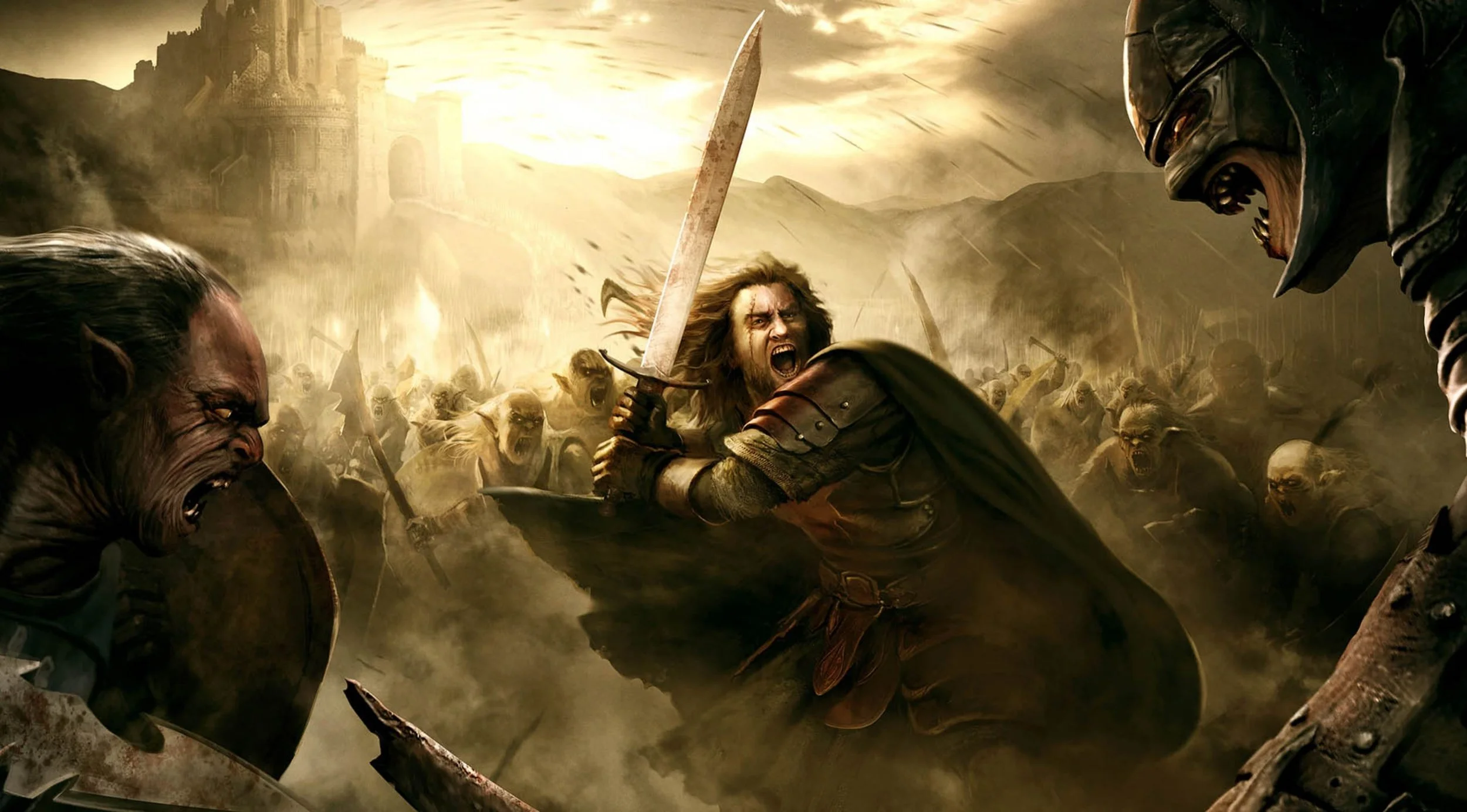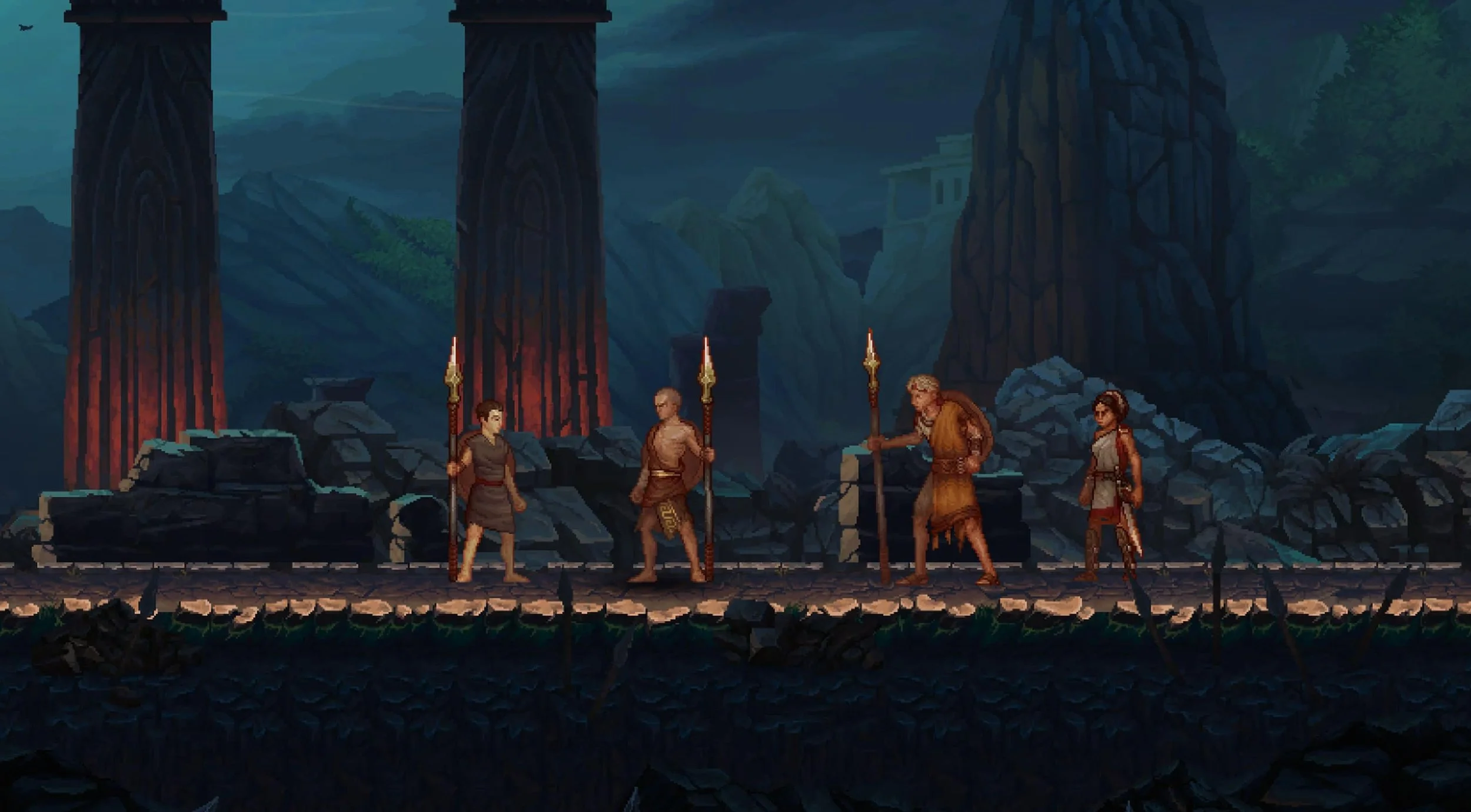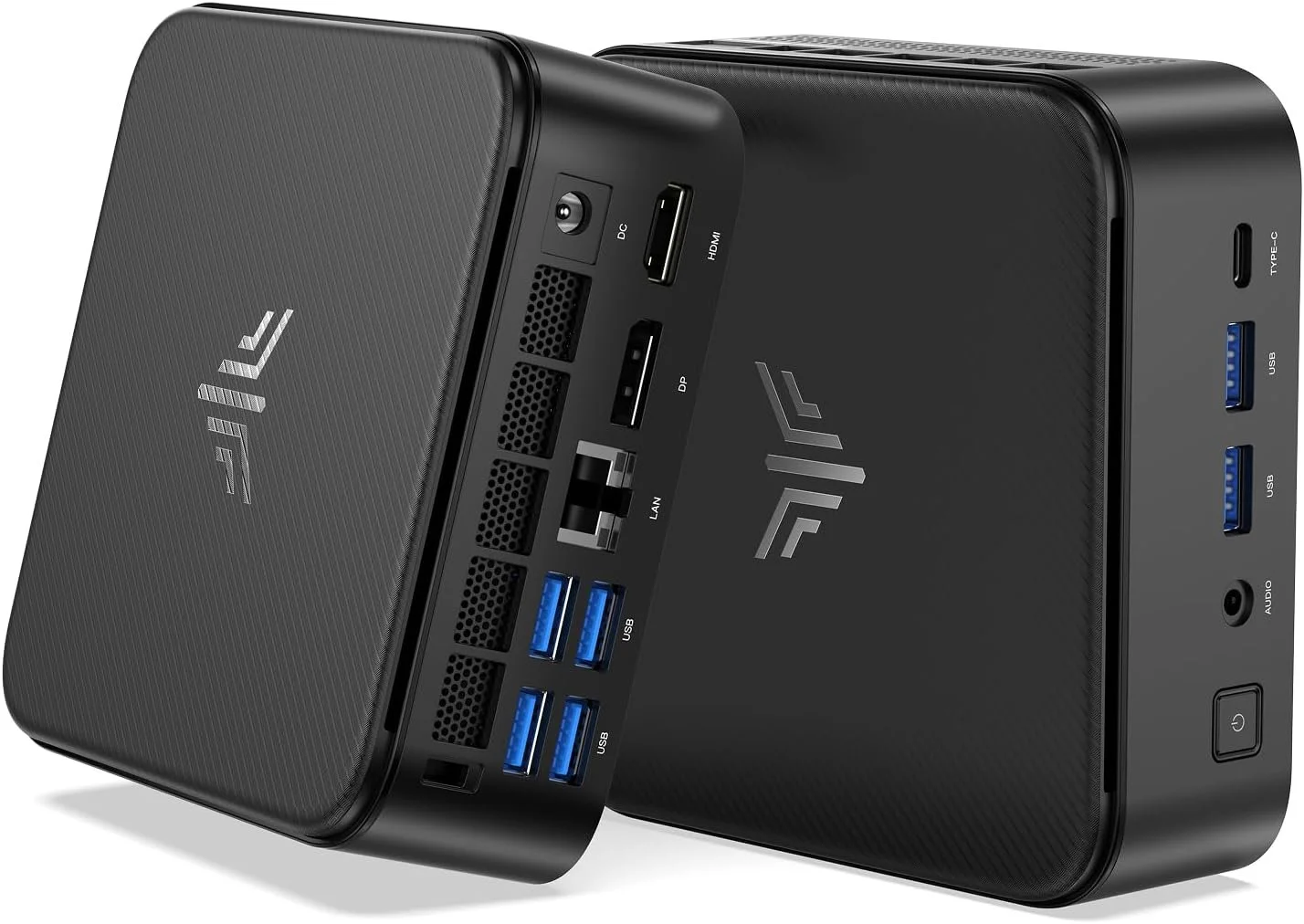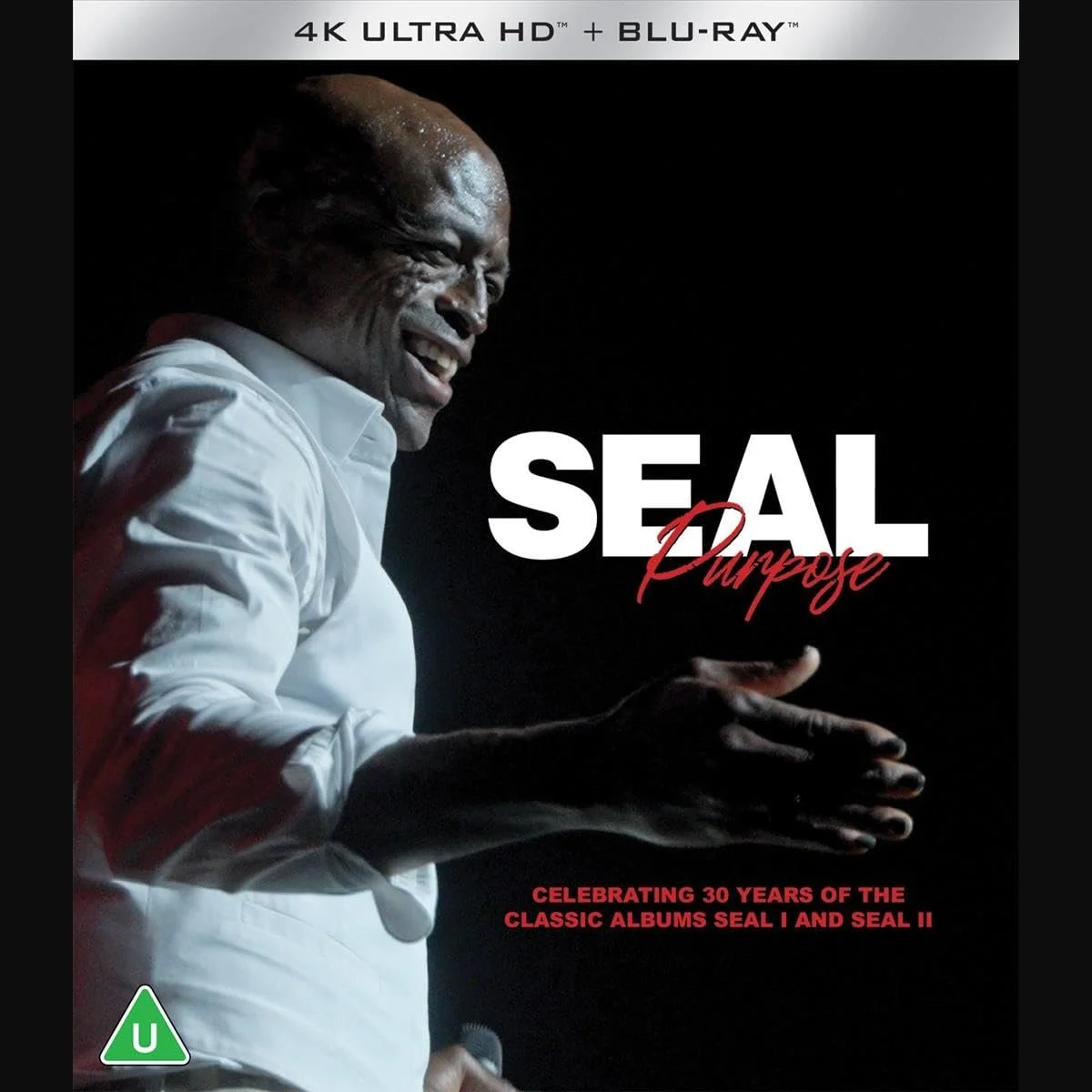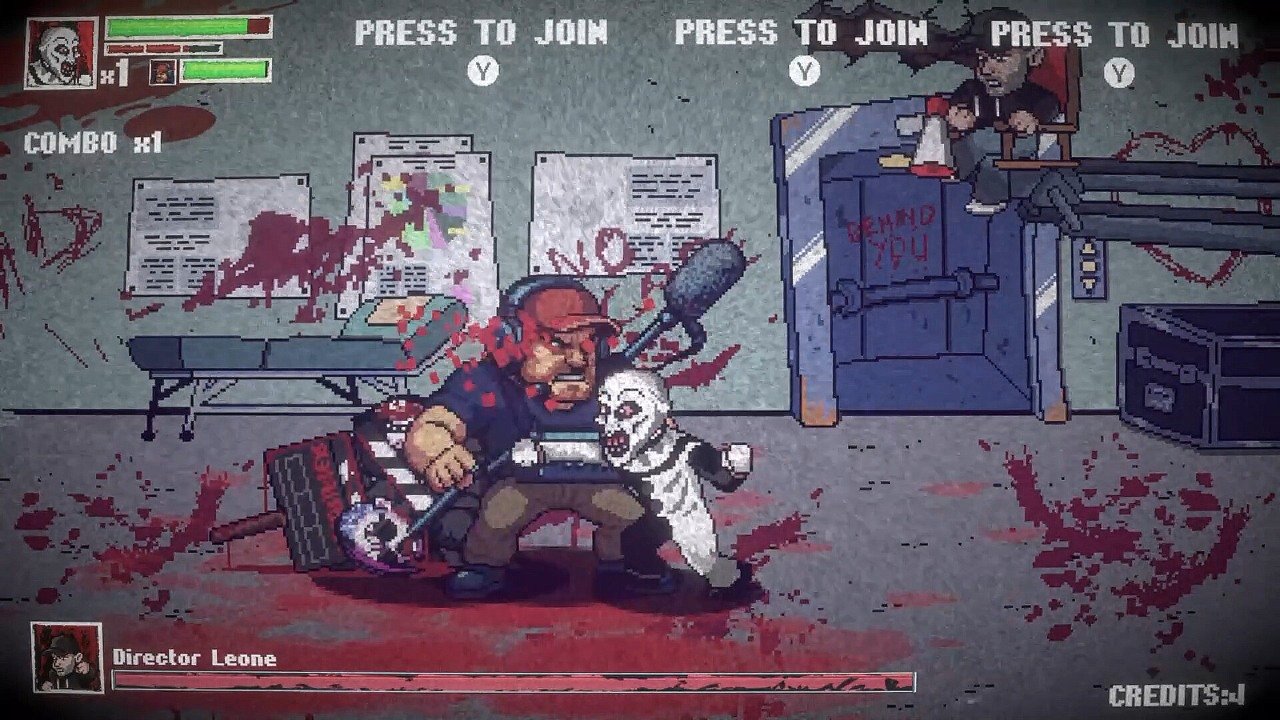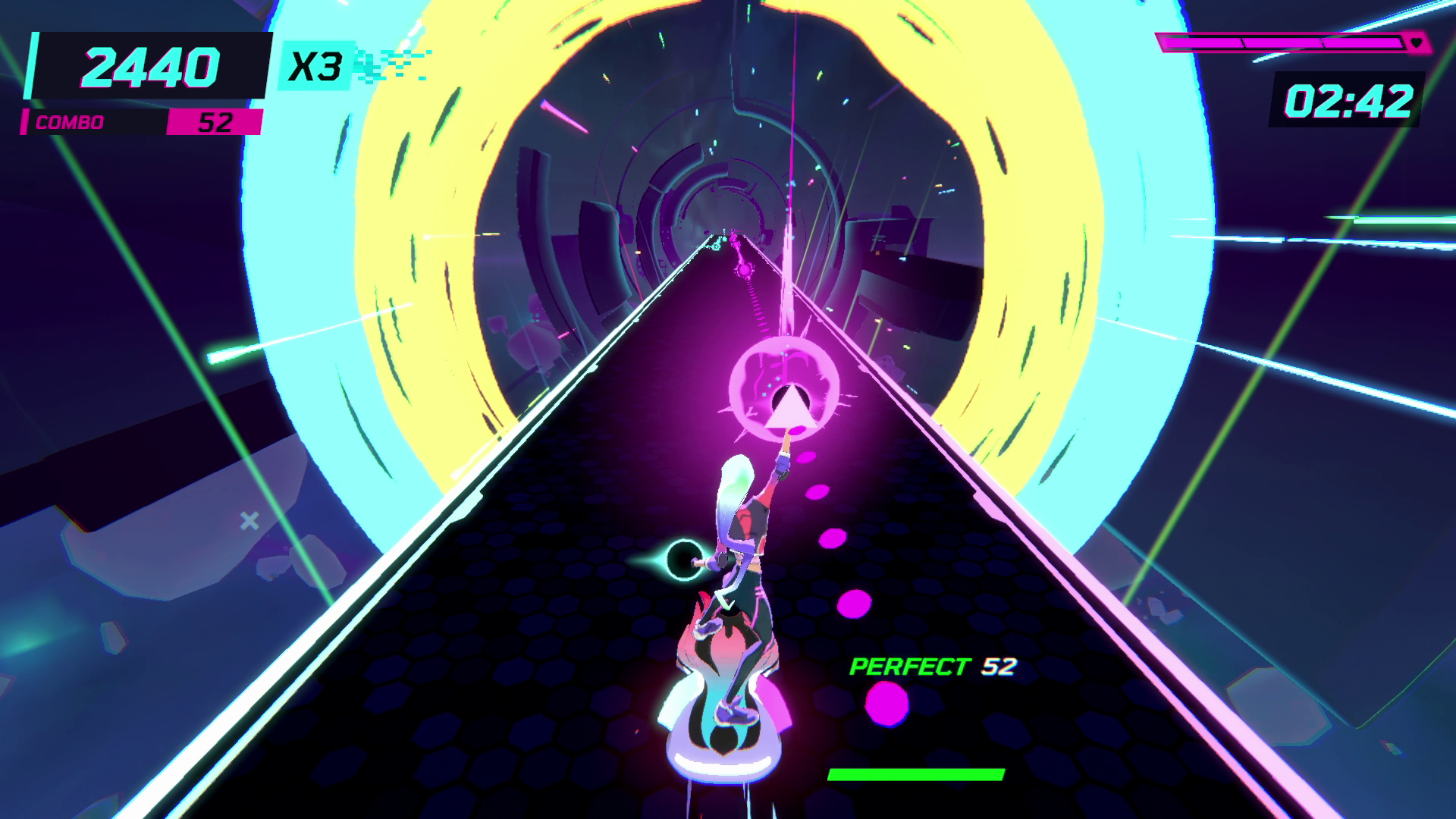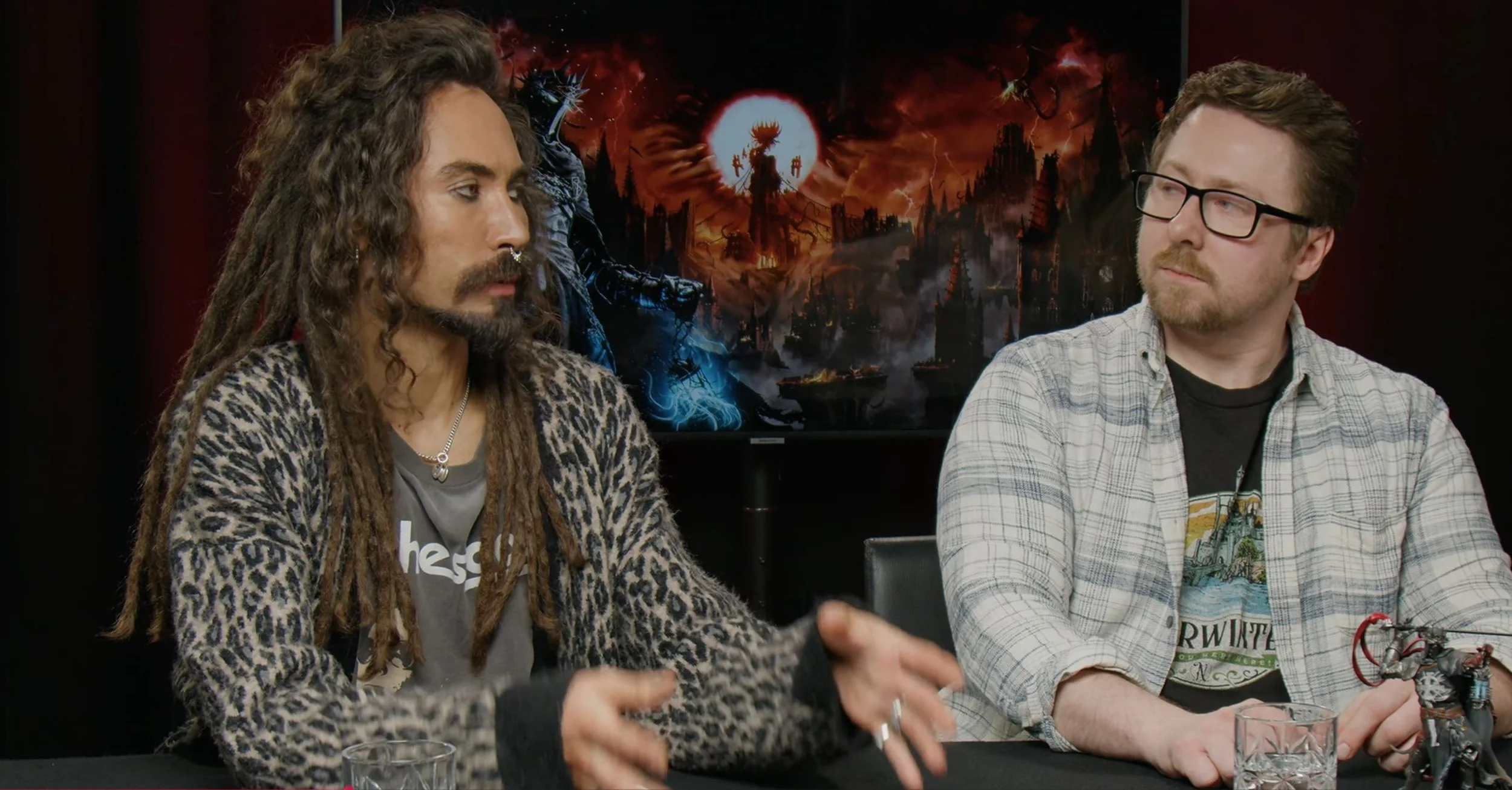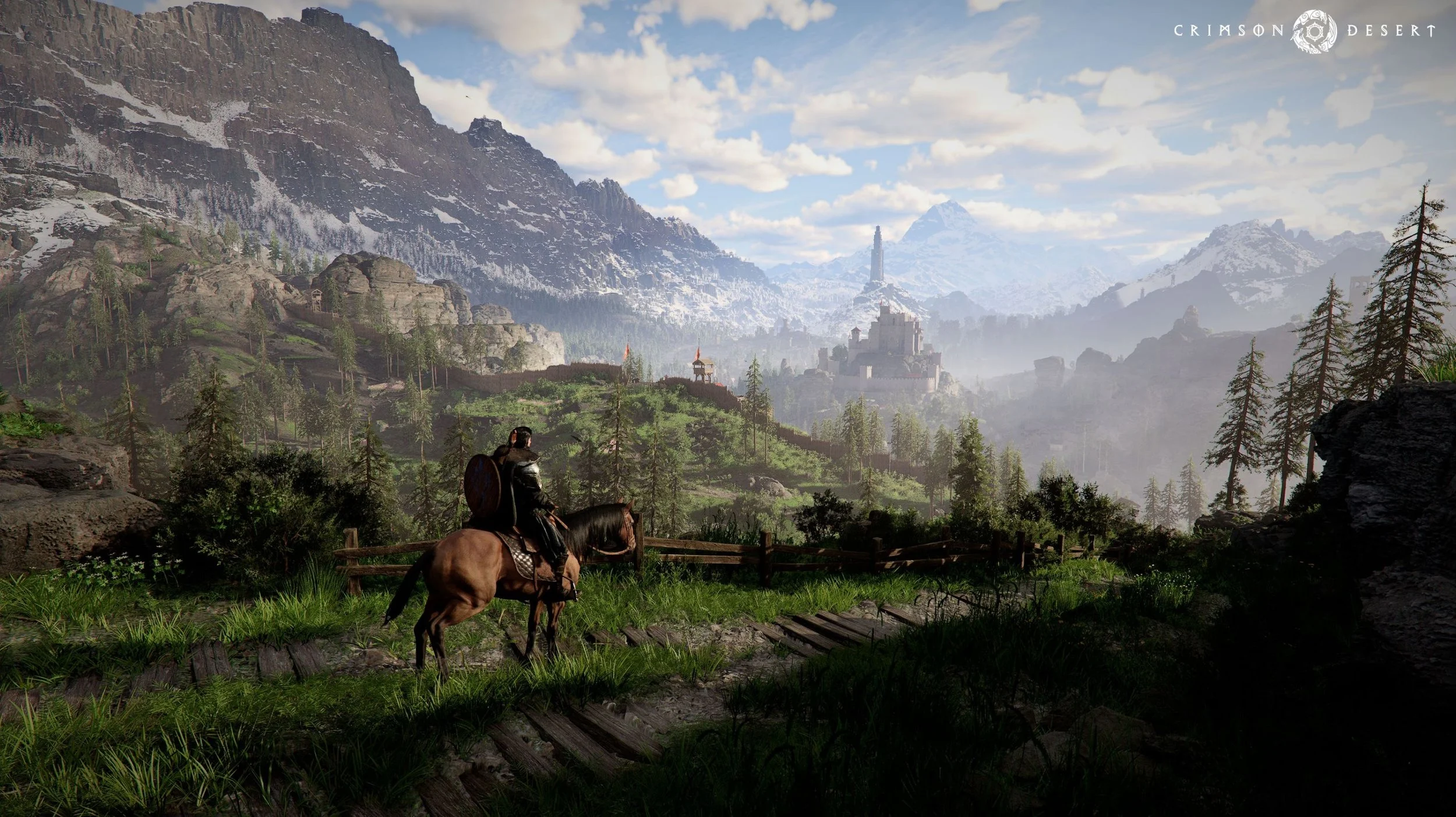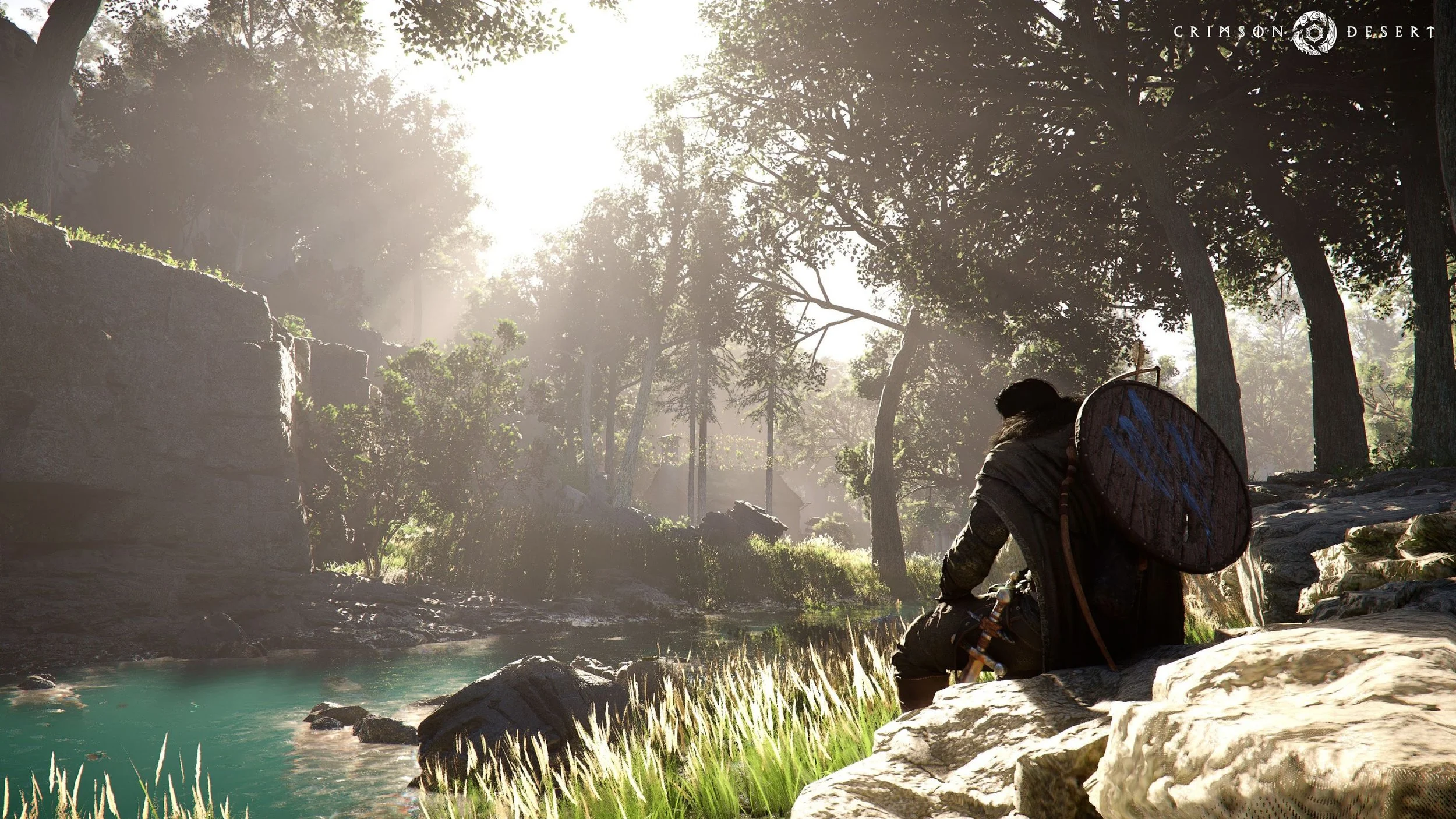The Nintendo 64 is one of my favorite consoles of all time! Coming out nearly 2 years after the existing 5th gen consoles from established competitor Sega and, new-comer to the console market, Sony, Nintendo found itself in an uphill fight. By refusing to adopt the rapidly growing CD standard and continuing their archaic practices regarding 3rd party publishers, Nintendo would fall from their previously secured spot of number one console maker. While it wouldn’t find the success of Nintendo’s past consoles, the Nintendo 64 was host to many classic games and memories! Today the Nintendo 64 has achieved a cult following and building nostalgia for the system has caused prices for most of the games to rise, with the rarer games hitting the $400 range. Today we begin a series looking back on the history of this amazing but troubled machine!
Early Announcements 1993 - Early 1994
At Nintendo’s annual Shoshinkai trade show of August 1993, President of Nintendo, Hiroshi Yamauchi, took the stage and announced the existence of Project Reality, the successor to Nintendo’s widely popular Super Nintendo Entertainment System. It was being built in partnership with Silicon Graphics (SGI) to bring high quality 3D graphics to the masses for under $300 in US currency. The partnership with SGI was exciting since the company was responsible for the CGI in many high grossing blockbusters like Terminator 2 and Jurassic Park. Project Reality was announced to release in the summer of 1995 for a price of exactly $250.
No additional information regarding Project Reality would be shown until winter CES of January 1994 in Las Vegas. During the event, guests were treated to a couple of tech demos representing the power of the upcoming console. In one demo a shark was shown swimming in water, highlighting the effects the new console would be capable of, all in real-time. The second demo was a CGI trailer showing the skylines of different cities being rendered to Project Reality specs. These demos helped showcase just how powerful the upcoming console would be compared to the upcoming PlayStation and Saturn consoles and the public was waiting to hear more!
The Good, The Bad and The Ugly 1994
After CES, hype behind Project Reality was at an all-time high. Unfortunately, things behind the scenes at SGI began to fall apart with many executive level problems. Because of these problems Nintendo began to distance themselves from the company that was originally responsible for their early hype. In May of 1994, Nintendo dropped more bad news with the announcement that Project Reality would continue to utilize cartridges instead of the newer CD media that every other console had adopted. The reason given behind this move? It would have made the system cost $100 more to produce.
Summer CES in Chicago of 1994 was Nintendo’s chance to prove the tech inside their upcoming machine now renamed the Nintendo Ultra 64. Available to play were the arcade versions of Killer Instinct and Cruis’n USA. The real surprise came when Nintendo revealed the first images of Donkey Kong Country. Not only was this game developed using the SGI tech that was going to power the Ultra 64, it was going to be released on the Super Nintendo! While these games were good, none truly showed what Nintendo’s console could do.
Rise of the Competition and Delays 1995 – Early 1996
Nintendo would spend the majority of 1995 revealing nothing about the Ultra 64. Even with the first Electronic Entertainment Expo on the horizon, Nintendo announced the machine wouldn’t be at the show. It was during this same announcement that Nintendo revealed that the Ultra 64 would release in December 1995 in Japan with a US and European release sometime in 1996. 1995 also saw the US release of both the Sega Saturn and Sony PlayStation and gamers were immediately taken in with the new systems. Nintendo watched as the masses bought up competing consoles and could do nothing more than print ads about how the Ultra 64 would be worth the wait.
Finally, in November of 1995 at their annual Shoshinkai trade show, Nintendo released more Ultra 64 details and game trailers. The first of these announcements was the system had once again received a name change to the Nintendo 64! It was also revealed that the system would be delayed until April 1996 in Japan. Games playable at the show were early prototypes for Super Mario 64 and Kirby Ball 64. Other video demos were available showcasing early concepts of Zelda 64, Star Fox and Mario Kart. The Nintendo 64 controller was also revealed for the first time. To further attract more developers back from Sony and Sega, Nintendo also announced the existence of what would later be known as the 64 Disk Drive.
Unfortunately, the Nintendo 64 didn’t release in April 1996 as planned and was pushed back an additional 2 months to June 1996. During this time the upcoming game library for the N64 began to gather more scrutiny. With no real Japanese publishers to speak of supporting the system and the developers already committed to Nintendo’s “Dream Team” being less than spectacular, the launch of the system looked bleak.
I hope you all enjoyed this brief look back at the N64’s life prior to launch! This has been an ongoing series I have been working on for some time and covers every year of the N64’s life span. Check back soon for part 2 and leave your thoughts on the N64 below!




